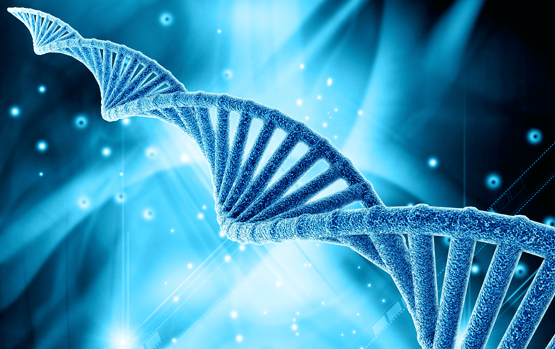Research Opportunities for X&Y Chromosome Variations

Print This Page
AXYS is pleased to provide the following list of studies that our community members may consider joining. All listed studies have been approved by an Institutional Review Board (IRB) and meet guidelines established by AXYS regarding relevancy to X&Y variations. AXYS takes no position and makes no claims as to the potential benefits of the studies, and cannot be responsible for any outcomes or unintended side effects. If interested in participating, please use the contact information in the listing.
Name/Purpose of Study: TREAT-KS: An Evaluation of a Testosterone Replacement Therapy Patient Education Material for Adolescents and Young Adults with Klinefelter Syndrome
X and Y variations being studied: 47,XXY
Genders being studied: All
Age Range: 14-25 years
Other eligibility requirements: Individuals with mosaic KS (46,XY/47,XYY) are eligible but higher order X aneuploidies (i.e., 48,XXXY and 49,XXXXY) are not. Individuals must be able to read English.
Travel required: No
Sponsoring Institution: Ann & Robert H. Lurie Children’s Hospital of Chicago, Northwestern University
Principal Investigator(s): Allison Weisman, MS, CGC
Link to a more detailed description: https://redcap.luriechildrens.org/surveys/?s=YLMNN8EYAJCWWEPK
Primary funding source(s): Northwestern University Graduate Program in Genetic Counseling
Primary Contact: Sofia Marrufo, sofia.marrufo@northwestern.edu
Date Posted: May 15, 2025
Study Flyer
Name/Purpose of Study: GALAXY Registry: Generating Advancements in Longitudinal Analysis in X&Y Chromosome Variations
X and Y variations being studied: All
Genders being studied: All
Age Range: All
Other eligibility requirements: Genetic test results confirming X&Y variation
Travel required: No
Sponsoring Institution: University of Colorado
Principal Investigator(s): Shanlee Davis, MD, PhD
Link to a more detailed description: www.galaxyregistry.org
Primary funding source(s): AXYS, Living with XXY, University of Colorado
Primary Contact: galaxy@ucdenver.edu
Date Posted: May 8, 2025
Name/Purpose of Study: The Voices Study: Learning from youth about their care needs and priorities
X and Y variations being studied: Klinefelter syndrome (47,XXY)
Genders being studied: No restrictions based upon gender
Age Range: 11-21 years
Other eligibility requirements: Diagnosis of 47,XXY/Klinefelter syndrome, must be able to understand basic sentences and questions in English, access to a web-capable device, access to an internet connection
Travel required: No
Sponsoring Institution: Children’s National Hospital
Principal Investigator(s):
Link to a more detailed description: Study flyer
Primary funding source(s): National Institutes of Health (NIH)
Primary Contact: Alejandro Todd, datodd@childrensnational.org, 301-765-5573
Date Posted: November 12, 2024
Name of Study: National Institutes of Health (NIH) Behavioral, Cognitive, and Brain Imaging Study for Girls and Young Women with Trisomy X (2 day study)
X and Y variations being studied: Trisomy X
Genders being studied: Female
Age Range: 5 to 25 years
Other eligibility requirements:
Travel required: Yes. 2 day study near Washington, DC. Flights and lodging are provided, along with a meal allowance and participant payment.
Sponsoring Institution: National Institutes of Health (NIH)
Principal Investigator(s): Dr. Armin Raznahan
Link to a more detailed description: Children w/ X & Y Chromosome Variations | Adults w/ X & Y Chromosome Variations | Study Flyer
Primary funding source(s): National Institutes of Health Intramural Research Program
Primary Contact: Bobby Das at dasb@mail.nih.gov or 301-435-4516
Date Posted: January 15, 2020


